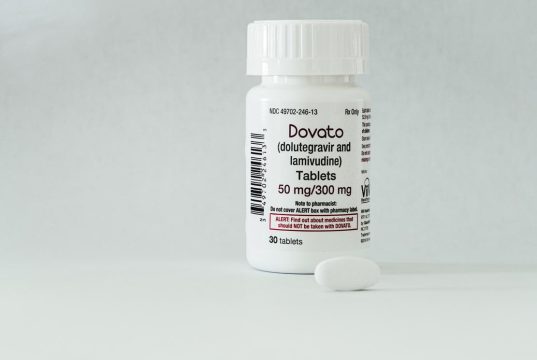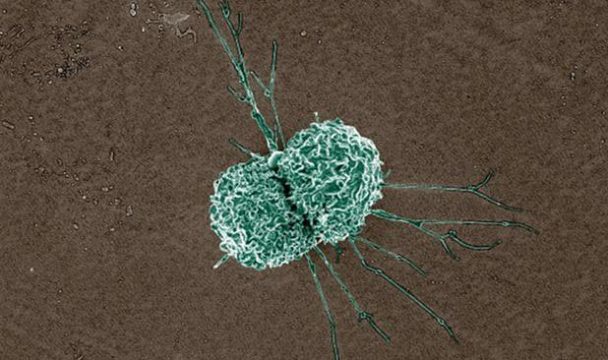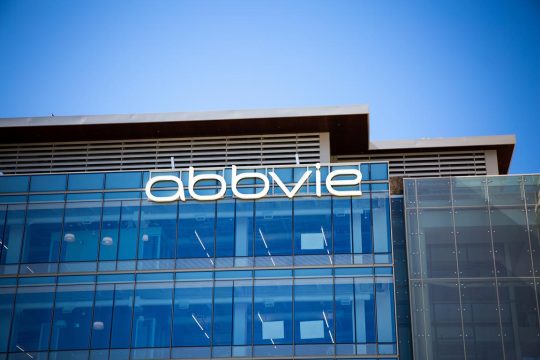Advertisment
Phase III data show port delivery system with ranibizumab enabled over 98% of patients to go six months between treatments for neovascular age-related macular degeneration.- Genentech/Roche
Genentech, a member of the Roche Group announced detailed results from the Phase III Archway study evaluating its investigational Port Delivery System with ranibizumab (PDS) for the treatment of neovascular or “wet” age-related macular degeneration (nAMD) , a leading cause of blindness in the U.S.
In Archway, 98.4% of PDS patients were able to go six months without needing additional treatment and achieved vision outcomes equivalent to patients receiving monthly ranibizumab eye injections , a current standard of care. In the study, PDS was generally well-tolerated, with a favorable benefit-risk profile.
PDS is a permanent refillable eye implant, approximately the size of a grain of rice, which continuously delivers a customized formulation of ranibizumab over a period of months. PDS is the first nAMD therapy to achieve positive Phase III results for this extended length of time between treatments. These new data will be discussed virtually during the 38th Annual Meeting of the American Society of Retina Specialists (ASRS) on Sunday, July 26, 2020.
Patients in Archway received either PDS refilled every six months with a customized formulation of ranibizumab or monthly ranibizumab 0.5 mg eye injections. Patients in the study had received prior treatment with anti-VEGF therapy and were confirmed anti-VEGF responders. The primary endpoint of the study measured the change from baseline in best-corrected visual acuity (BCVA) averaged over Week 36 and Week 40. In the PDS arm, patients gained an average of 0.2 eye chart letters in visual acuity from baseline, with 98.4% (n=244/248) of patients maintaining the fixed six-month refill schedule within the first refill period.
Patients treated monthly with ranibizumab injections gained an average of 0.5 letters in visual acuity from baseline. According to pre-specified study criteria, PDS was shown to be non-inferior and equivalent to monthly ranibizumab injections. In addition, PDS controlled retinal thickness as effectively as monthly ranibizumab, with patients in both arms achieving a mean change in center point thickness within 10 ?m from baseline.
Safety data from the study support a favorable benefit-risk profile for PDS. The PDS implant insertion surgery and refill-exchange procedures were generally well-tolerated by patients and the systemic safety of PDS was comparable to monthly ranibizumab injections.
In addition to Archway, the Portal long-term extension study is investigating the long-term safety and tolerability of PDS for the treatment of nAMD. PDS is also being studied in the Phase III Pagoda trial for the treatment of diabetic macular edema, a vision-threatening complication of diabetes. The Pagoda trial is actively recruiting patients. Results from the Archway study will be submitted to health authorities around the world, including the FDA and the European Medicines Agency (EMA), for consideration of regulatory approval for the treatment of nAMD.





